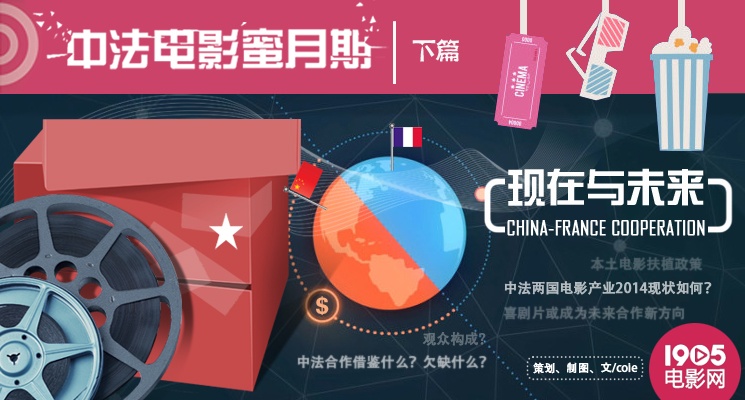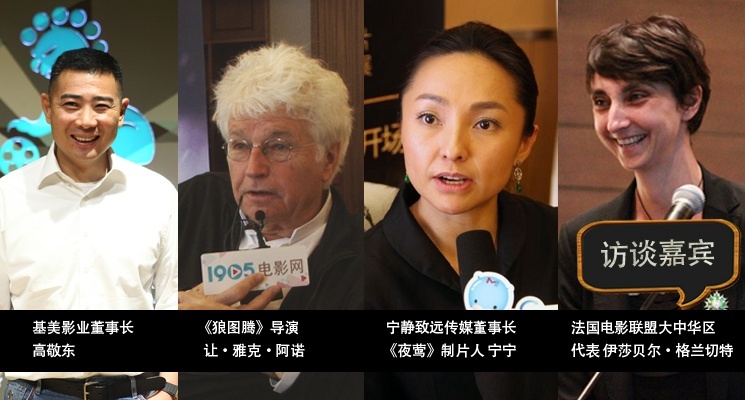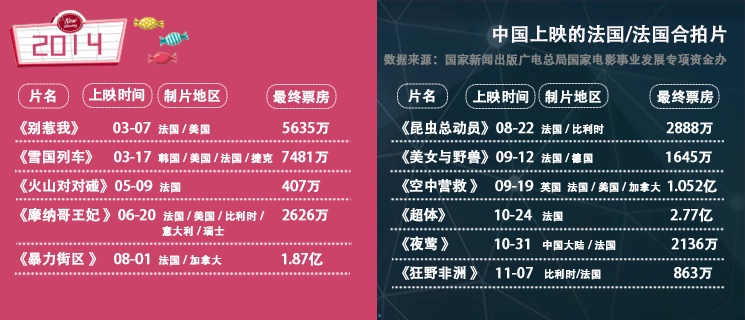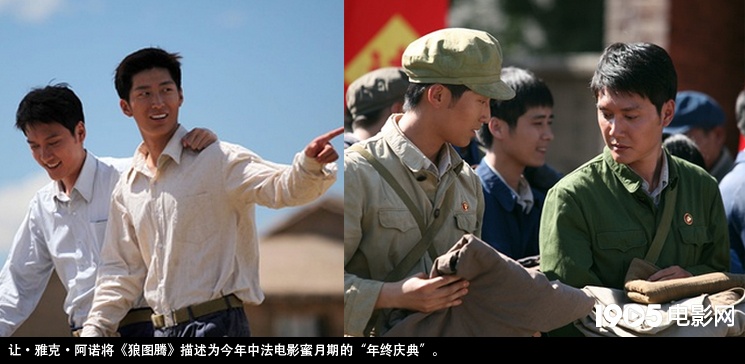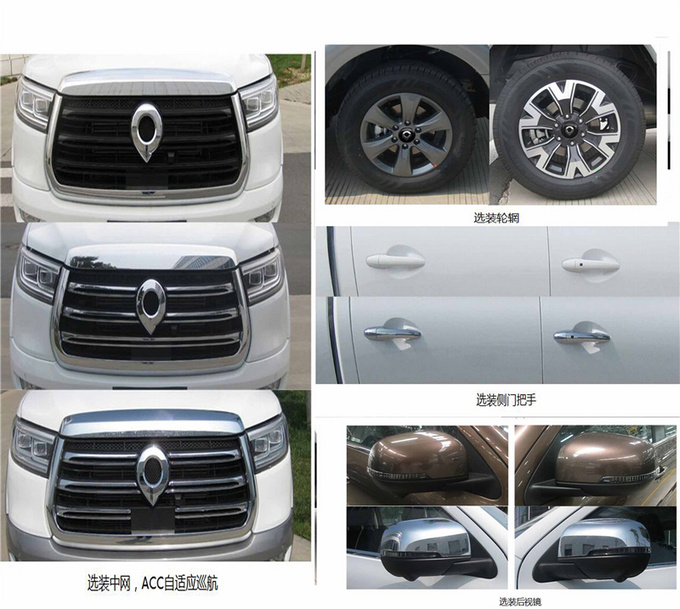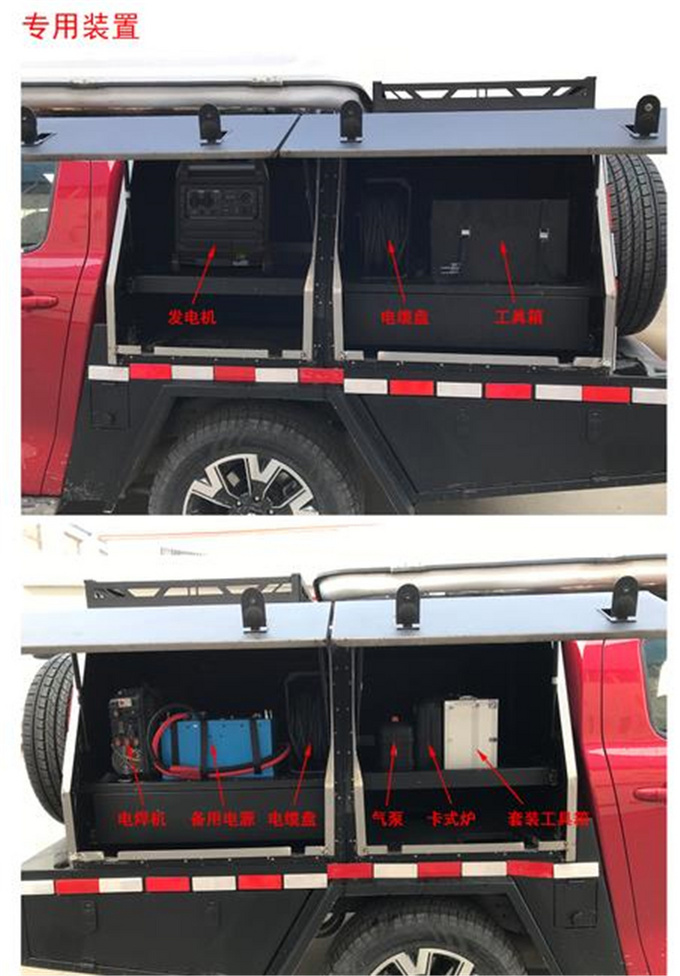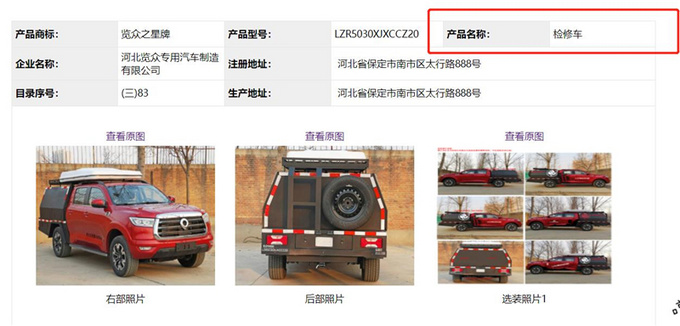Social science academic journals should not be "unique"
It’s difficult for C magazine to publish a document, and it can be "one-stop" if it costs 60 thousand yuan.
Social science academic journals should not be "unique"
When some core journals of natural sciences have wonderful papers such as "rainbow fart", CSSCI journals of humanities and social sciences (referred to as C journals) have also been vomited by many college teachers and students. According to the reporter’s investigation in the last half-month, it is said that it is "difficult to go to heaven" to publish papers in Journal C, and "too many monks and too few porridge" has triggered many negative chain effects, such as the difficulty of graduate students in humanities and social sciences and the difficulty of teachers’ promotion of professional titles, and it has spawned a gray industrial chain, which has seriously hit the enthusiasm of humanities research, construction and talent team training and aggravated the brain drain.
"It’s not that I don’t work hard, but that the water here is too deep."
In 2020, Zhang Shan, a foreign language lecturer in a "double-class" construction university in the west, will soon retire. Since she was transferred to this university in 2002, she has not been promoted to associate professor because she has not published enough C-journal papers, so she can only "return to the field" as a lecturer.
Chinese Social Sciences Citation Index is a citation database of humanities and social sciences developed by China Social Sciences Research and Evaluation Center of Nanjing University. It is used to retrieve the collection and citation of papers in the field of humanities and social sciences, and its journals are called C journals.
"It’s not that I don’t work hard, but the water here is too deep." Zhang Shan said, "The number of core journals in foreign languages is small and resources are tight. It is too difficult to publish an article." In order to publish a paper in C, she kept trying. A few years ago, she submitted a manuscript through the submission address left by a core journal on the Internet. Soon after, she received a notice of using the manuscript, made changes according to the requirements of the editorial department, and paid a page fee of more than 10,000 yuan. But I didn’t expect that eventually the stone sank into the sea and there was no news.
"I later found out that this is a fake website that has been packaged." Zhang Shan revealed that repeatedly hitting the wall and encountering scams completely ruined her hopes. It’s really hard to say, and she can only admit that she is unlucky. Zhang Shan devoted all her energy and time to teaching and never mentioned publishing a paper again. "Young teachers are only lecturers when they see us retiring like this, and they are also confused and worried."
Half-monthly reporters learned in Shaanxi and Gansu that there are hundreds of colleges and universities in the two provinces, and the number of C journals is about 20. Relatively speaking, the academic resources are far less than those in developed areas such as Beijing and Shanghai. For teachers and students in universities in the western region, it is "even more difficult" to publish C-journal papers.
A professor from the College of Literature of a university in Gansu introduced that it is generally difficult for college teachers in humanities to publish academic papers in the whole country, especially in the western region. "The more you can’t get high-quality papers, the more difficult it is to interact with eastern universities to form equivalence. If this goes on, it will form a vicious circle, and the pressure on teachers will increase." The professor revealed that in order to publish articles in C magazine, many teachers asked people to find relationships, hoping to get to know the staff of the editorial department, and want to have a good relationship with them and leave a good impression. "There are inevitably many human feelings and relationship drafts."
At present, the quantity and quality of published papers are within the range of subject evaluation indicators. The competition of subject evaluation is extremely fierce, which not only requires higher and higher teachers, but also transfers the related pressure to doctoral students.
The doctoral supervisor of a university in Shaanxi told the reporter that among the four doctoral students he was in charge of in recent years, only one graduated as scheduled, and the other three were postponed for six months to two years. "As a mentor, I am under great pressure. There is an excellent student who has delayed graduation for two years because of the lack of a C-journal paper. Since June last year, I have helped her revise her papers many times and voted for several C journals, but I still have nothing. "
Demand exceeds supply, giving birth to grey industrial chain.
C magazine is evaluated every two years, and the number selected each time is fixed within the validity period. For the sake of "being superior and preserving position", some C periodicals publish fewer articles to improve the index of "other citation impact factors", because fewer articles mean that the denominator is smaller, and the citation rate will increase. At the same time, they will strive for the support of academic "big coffee" and enhance their influence. This further reduces the publishing space of ordinary teachers and students, and intensifies the fierce competition for young teachers and doctoral students to publish in C magazine.
Since the journal of a university directly under the Ministry of Education was founded 60 years ago, its social science edition has obvious characteristics in basic disciplines related to literature and history and research on economic and social development in northwest China. Because of its high quality and great academic influence, the journal was also listed in the first batch of "Famous Journal Construction Project" by the Ministry of Education in China, and was funded by the second batch of academic journals of the National Social Science Fund. However, in 2017, due to the low index of "other cited impact factors", it was removed from the list of C journals.
In the view of the person in charge of the journal, it is unreasonable to use the index of "other cited influence factors" as the only criterion to evaluate the level of academic journals. "Our school is good at humanities research, and the orientation of journals is naturally based on this. We can’t fake the cultural research of Zhou, Qin, Han and Tang Dynasties, can we?"
In the past two years, in order to improve the index of "other citation impact factors", there have been two trends in the comprehensive journals of humanities and social sciences in China: first, the number of humanities manuscripts has gradually decreased, and the number of social science manuscripts concerned with politics, economy and law has increased significantly; Second, some university journals have reduced the publication base, and the requirements for publishing papers have become more and more stringent, which not only leads to a decrease in the number of humanities research in the country, but also greatly discourages the enthusiasm of teachers and students to engage in research.
The editor-in-chief of a university journal in Gansu frankly said that at present, many C journals require the publisher to be an associate professor or a doctor, and some journals even require a professor’s title to publish papers. In order to improve the influence and academic level of their own publications, they tend to publish academic articles from developed regions or abroad. Due to the increasing number of contributors, the contradiction between supply and demand has become increasingly prominent. "The requirements for the author level are getting higher and higher, which is mainly caused by the single evaluation standard of journals."
Publishing papers is a pain for some teachers and students, but it has also become a source of wealth for some people. Half a month’s unannounced visit to reporters found that the publication of papers in C magazine can provide a "one-stop" service of writing, issuing and changing, which has formed a gray industrial chain.
According to a practitioner who provides "one-stop" service, this gray industrial chain can still provide complete services no matter how high the requirements of C magazine are. People who are engaged in ghostwriting will usually publish advertisements in major university forums and other channels. After customers choose the direction of papers and the demand for publishing according to their needs, they will contact associate professors or professors with professional counterparts and long-term cooperative relations, and they will write for them. If the customer needs it, it can also be jointly signed by an influential associate professor or professor to increase the impact factor.
The writing cycle of C-journal papers is about one year. After writing, it will be connected with the journals selected by customers, and the editors of the journals will revise, review and finally publish them. "The whole paper writing and publishing process is a’ one-stop’ service, and customers can get a C-issue paper with their own signature without participating."
The employee revealed that the current price of a C-issue paper is about 30,000 yuan, while the price of "one-stop" service ranges from 60,000 yuan to 80,000 yuan. Among them, ghostwriters usually get about 20 thousand yuan, and the channel providers who benefit more are often C magazine staff. "In order to graduate, in order to promote the title, customers will pay for it."
Call for the establishment of a multi-evaluation system
At present, the difficulty in publishing C magazine has triggered a chain effect. Some professors interviewed in the western region said that some teachers in their own schools have shown signs of "running away" because it is difficult to publish articles. There is no problem with the academic ability of these teachers, but the platform resources are few, and they are not on the same platform as universities in developed areas, so it is difficult to "compete on the same stage".
It is difficult for some universities to recruit doctoral students, and teachers even "dare not recruit". In recent years, a doctoral student in humanities and social sciences in a university has jointly sent a letter to the school, requesting to amend the requirement that doctoral students should publish three C journals and one of them is a class, which ultimately failed. On the other hand, due to higher graduation requirements, some teachers of humanities and social sciences dare not enroll students.
How to change the current situation? Some experts and scholars suggest that on the one hand, we should continue to practice "internal strength", while scholars improve their academic level, relevant departments, periodicals, universities and research institutes in the western region should tap their potential and improve their ability to run journals. On the other hand, we should encourage academic exchanges and cooperation in a more open concept, so that universities and journals can form a benign interaction.
At the same time, establish a diversified evaluation system for academic journals. Not long ago, the Ministry of Education and the Ministry of Science and Technology issued "Several Opinions on Standardizing the Use of Relevant Indicators of SCI Papers in Colleges and Universities and Establishing Correct Evaluation Orientation", which has put forward clear requirements. The person in charge of a university journal directly under the Ministry of Education believes that "other influencing factors" cannot be the only evaluation criterion, and a diversified evaluation system can ensure the fairness of academic research evaluation.
Expand the catalogue of doctoral dissertations and publications. A professor from the College of Literature of Shaanxi Normal University suggested that in addition to NTU C, Peking University Chinese core journals could be included in the assessment sequence. At the same time, the evaluation of doctoral students’ academic ability should not be limited to three papers, so as to avoid mechanization and rigidity of the evaluation system.
A professor from a university introduced an extreme case to the reporter: a liberal arts champion in Xi ‘an, with a bachelor’s degree from Peking University, a master’s degree from Fudan University and a doctor’s degree from Peking University, was rejected when applying for a job in a university in Shaanxi because his academic thesis failed to meet the requirements. In fact, this young teacher was excellent in teaching, and was later introduced by other local universities, which led to Shaanxi missing an excellent young teacher. She believes that although the publication of C-journals is an important reference, it cannot be the only criterion for evaluating talents. Only by expanding the scope, enriching the standards and diversifying the evaluation can academic research go further. (Reporter Zhang Wenjing, Li Hua, Cui Hanchao, published in "Half-monthly Talk about Internal Edition", No.4, 2020)
